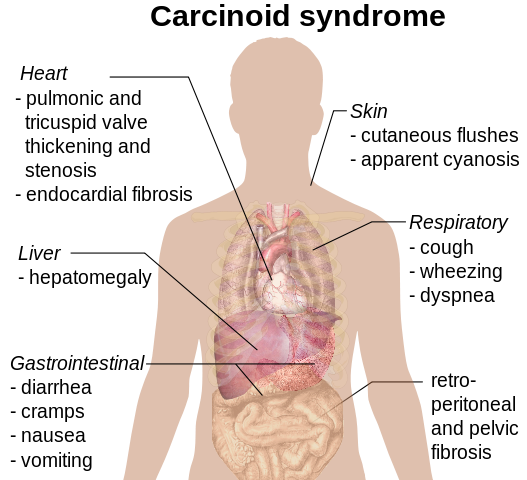Origin: Neuroendocrine cells Location: Lungs, Bronchi, Trachea, Gastrointestinal tract Synthesize: Biogenic amines (mainly serotonin which is metabolied to 5-HIAA) 5 Manifestations Mnemonic: 5-HIAAS 1. Heart disease (2/3 patients) 2. Intestinal manifestations 3. Airway obstruction 4. Asthma 5. Skin manifestations Alternative mnemonic: CARCinoid Rule of 1/3 Surgery for appendiceal carcinoid tumor…
Tag: General Surgery

Thyroid Tumors : Mnemonics
Papillary carcinoma Follicular carcinoma Medullary carcinoma Mnemonic: MENACED Anaplastic carcinoma

Aberdeen Knot
To end continuous suture, either a square knot, surgeon’s knot or an Aberdeen knot is required. The Aberdeen knot has been shown to be superior to a surgeon’s knot. Recommendations on number of throws: Technique/Steps:
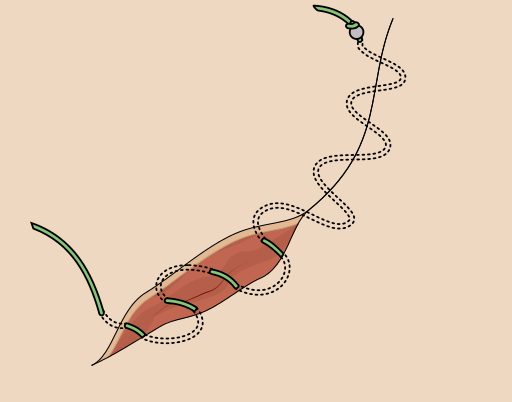
Running subcuticular suturing
1. Start with a buried knot at distal apex of the wound. 2. Take a bite deep to the epidermis that should curve parallel to the skin surface and exit in the same plane approximately 5-10mm along the wound, taking care to stay at the same level. 3. Continue step…
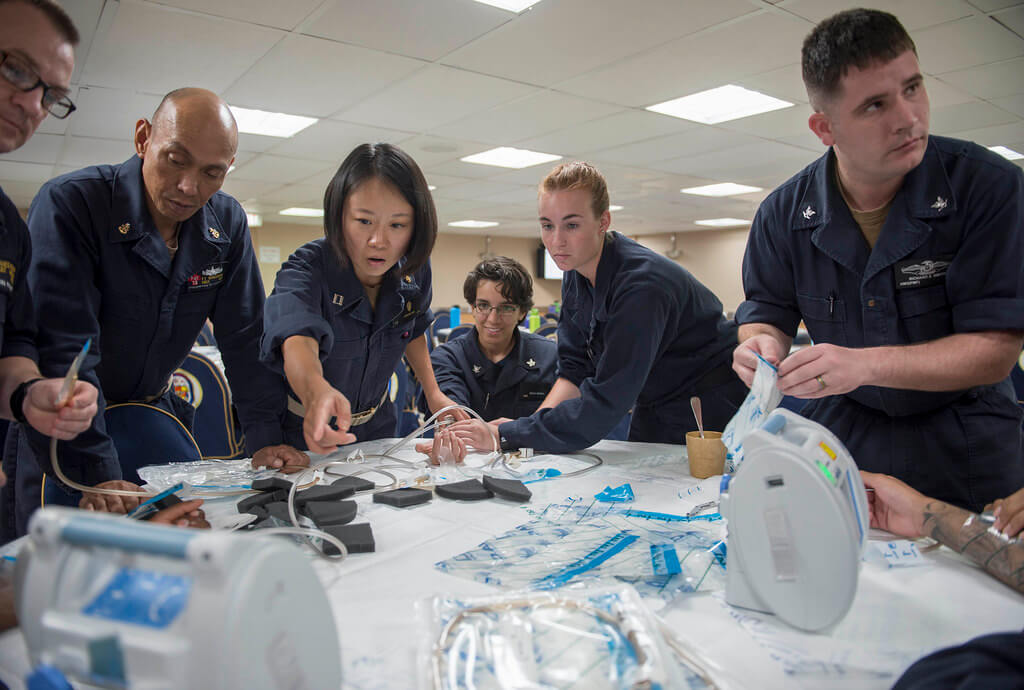
DIY Vac Dressing for Wounds
Pre-requisites for Vac Dressing Components of Vac Dressing 1. Pump for Negative Pressure: In a study, 3 closed suction drainage systems were studied – Davol Reliavac 400 Evacuator, Jackson-Pratt Closed Wound Suction Drainage System, and Snyder Hemovac 400. In all three systems, maximal negative pressures (-71 to -175 mm Hg)…
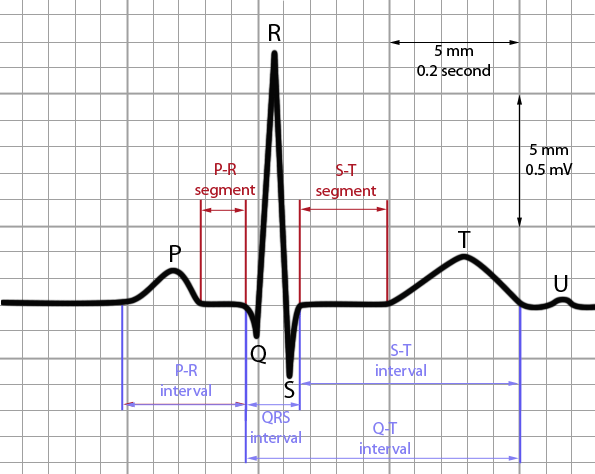
ECG Guide for Surgeons
There is an old saying that two surgeons and an ECG form a double-blind-study. Then, there’s a protocol for surgeons intended for humor: All spikes up: Operate All spikes down: Call Medics All spikes missing: Recently: Call Anesthetist A long time ago: Complete death certificate So, let’s think of heart…
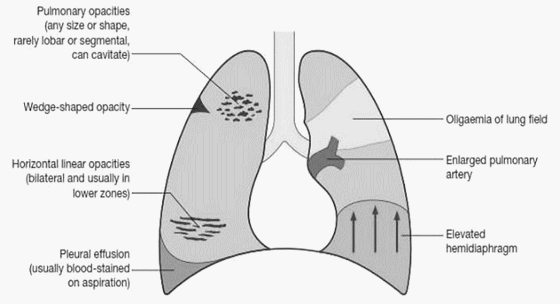
Perioperative Management of Venous thromboembolism (VTE)
Recommended duration of anticoagulant prophylaxis The recommendations are as follows: 1. Provoked DVT (with reversible surgical or nonsurgical provoking factor): 3 months 2. Unprovoked isolated distal DVT (has low risk of recurrence): 3 months 3. Unprovoked proximal DVT or PE: Indefinite therapy if D-dimer positive after 1 month after 3 months of therapy or second VTE…
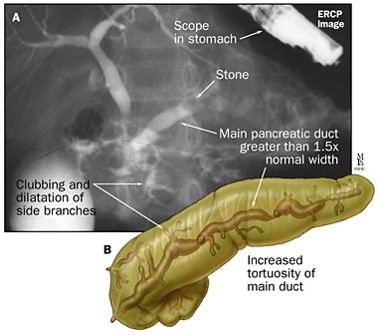
Mnemonic based management of Acute Pancreatitis
Acute pancreatitis along with case based discussion has been already covered earlier here: To remember the initial management of acute pancreatitis, one can remember the mnemonics given below: iPA-NCREAS (Ye et.al.) Investigations: Imaging (CT, MRI or Ultrasonography) Prognostic screen to identify severe pancreatitis Amylase and lipase levels Initial treatment: Nutritional…
